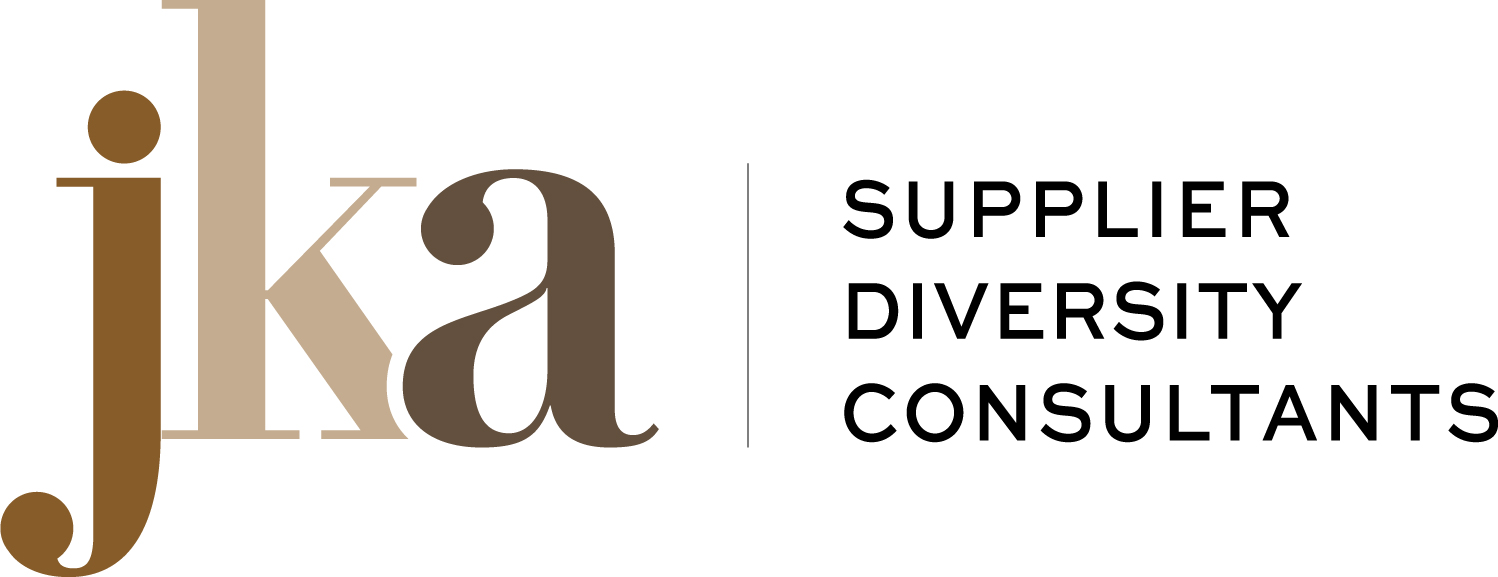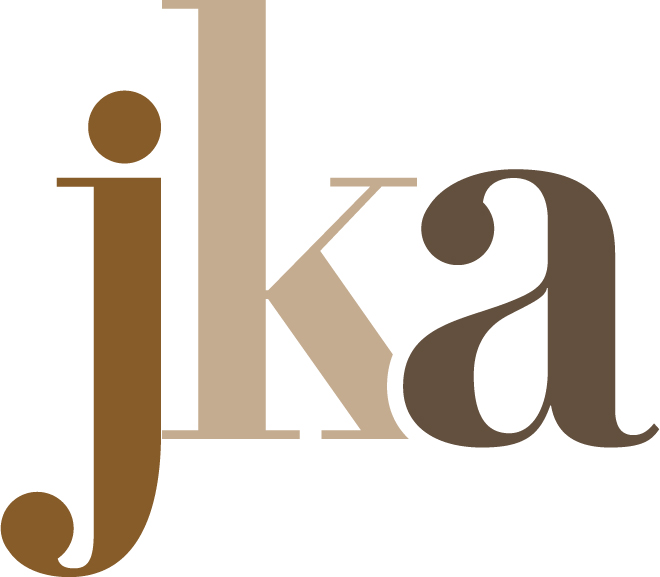There were a number of eye opening moments in the first session of the MWBE Success Bootcamp entitled “Understanding the Purpose of Your MWBE Certification and How to Use it to Increase Sales”. Many participants believed that MWBE certification programs were designed to give them access to contracts that were exclusively set aside for minority and women owned business which has not been my experience on City and State contracts. In fact, in New York where my MWBE certifications are based the majority of opportunities are in the form of agency MWBE participation goals on state and city government contracts, and micro/small purchases. There is also a significant opportunity to be gained by understanding buyer discretionary spending thresholds as they tie into specific agency MWBE program participation goals.
In the private sector, MWBE certification works differently as corporations do not necessarily have to meet MWBE participation requirements unless they are doing business with the government or receiving federal funds. Private Corporations use Supplier Development programs as way to meet internal diversity goals which vary based on the company. I should also point out the distinction between Tier 1 and Tier 2 opportunities. Tier 1 opportunities tend to be national buys awarded to firms with significant experience and capabilities. Tier 1 Suppliers are often encouraged to make good faith efforts to award Tier 2 contracts (subcontracts) to certified MWBES.
Understanding the purpose of MWBE is critically important to the success of MWBE firms. I’ve been a certified MWBE for most of my professional career and I can tell you that no one has ever given me a contract because I was a certified MWBE. That said I have had tremendous success in utilizing MWBE programs to increase market share for my firm.
The key to success with MWBE programs in my opinion is knowing your target audience and understanding individual agency MWBE and corporate supplier diversity participation goals. MWBEs should also consider teaming, sub-contracting and strategic alliances as a way of increasing capacity. Government buyers and large corporations tend to want to do business with companies that have experience working on projects of similar size and scope.
Marketing, networking and diligent follow-up are also required. Many MWBEs expressed frustration about connecting with buyers indicating they make calls which are never returned. I explained that procurement officials are often sourcing and evaluating multiple projects with tight deadlines and limited resources. Persistence is key – find effective ways to stay in touch and don’t miss an opportunity to meet with a buyer face to face at procurement fairs. I often walk into a buyers office and they’ll say “I get your newsletter”, or “I saw you at a networking event”. The process takes time and patience.
Last and most important, if given an opportunity – deliver, deliver, deliver. Be prepared by addressing financing, production and operational issues well in advance of entering into agreements. Another common misconception about MWBE certification is that when contracts are awarded, government agencies will give special consideration to MWBEs by providing working capital or special consideration by expediting invoices. Whereas I am aware of upfront capital programs and incentives for MWBEs – it’s not a guaranteed, so it’s important to look into these programs in advance of bidding on contracts.




